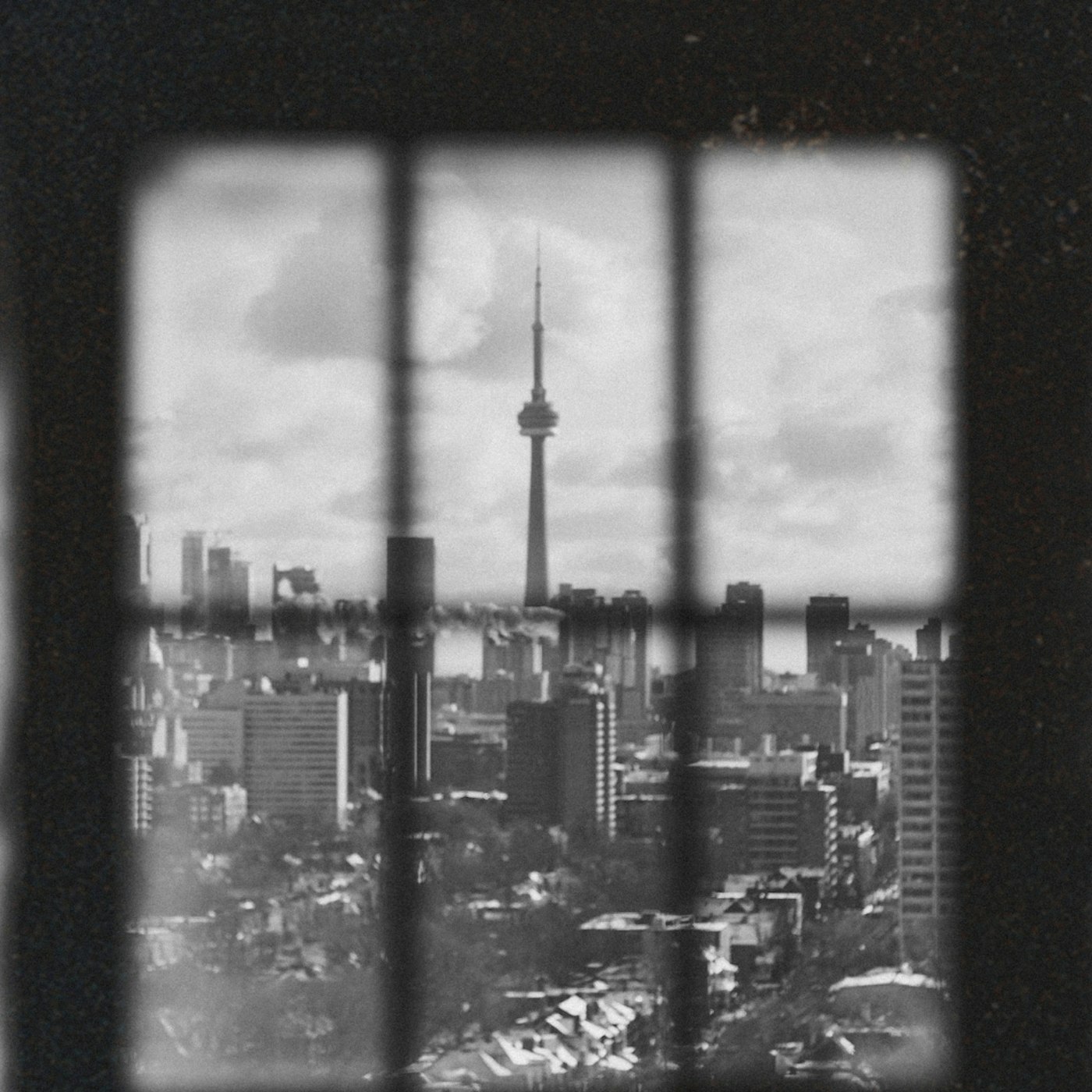MSA Members From Toronto University Bombarded With Unannounced Visits From Plain Clothed Police Officers
by Amaliah Team in World on 21st November, 2018

From 2016, reports have circulated regarding Muslim Student Association executives at the University of Toronto being bombarded with questioning by law enforcement officers appearing in plain clothes, asking for information. The visits have been reported to be unannounced at offices, and homes. The executives and members have been experiencing surprise visits over the last three years by the Royal Canadian Mounted Police (RCMP) and the Canadian Security Intelligence Service (CSIS). According to members of the MSA, those questioned have been asked about their building of community relations. Current or previous leaders of the MSA have come under scrutiny as officers have asked a number of intrusive questions to find out more about them.
The university referenced its most recent visit which occured this past summer, “The most recent incident occurred over the summer, when an RCMP officer visited the MSA’s offices at 21 Sussex Avenue on the St. George campus.The MSA said that during this visit the RCMP was “[seeking] information on a past member.”
The officer left his card with a member of the ‘Ulife’ office next door, as he wanted to find out more about the MSA members. When asked about this by the Varsity to confirm this, Louise Savard the RCMP spokesperson said, “The RCMP will not confirm or deny if an investigation is taking place. If an investigation is taking place we will only comment if charges are laid.”
Previously, the ex-executive of the MSA had been approached by two plain-clothed policemen at his home and asked about the MSA. The ex-executive also mentioned how the policemen asked many questions to ‘know more’ about the MSA and how it worked over coffee at a cafe nearby. However, what became clear is that the men were asking to investigate if any students were becoming radicalised in this process.
He said, “ignorance on how radicalization happens, ignorance on how to deradicalize,” and suggested that law enforcement would have done better by involving community leaders to address the issue. I think it’s an absurd way of trying to [keep] tabs.”
The ex-exec recalls questions about how many members were from the Middle East region, and the groups the MSA had been associated with as the officers claimed they wanted to prevent ‘radicalisation from occurring’. The current MSA executive has said the visits were, “shocking. This stuff shouldn’t be seen as normal… We’re talking about the safety and well-being of [U of T] students, particularly students of faith. This is not a joke…We shouldn’t have to think at the back of our heads about the threat of being surveilled,” said the executive.
The tactics of plainclothes policemen showing up unannounced has left a lasting impression on the MSA, as many students felt it wasn’t safe therefore left the campus group after catching wind of officers investigating the association.
The MSA claimed, “this incident is not to be viewed in isolation, it speaks to a larger problem of Islamophobia.”
The MSA in Toronto is not alone however, recent reports suggest that MSA’s around the country had been experiencing similar issues such as Laurier, “This is profiling that’s happening. It’s racial and religious profiling,” she said. “I hope that universities will have the courage and the bravery to step up.”
MSA’s are there for students to feel supported in their spiritual and social needs at the university such as social clubs, events, workshops, providing spaces to pray, holding Jumahs, “[The MSA] has also existed just [to] provide a space for Muslims so they just feel like themselves,” said the executives.
As one of the most prominent societies on campus, the university acknowledges the importance of ensuring the concerns raised by MSA’s are taken seriously and met with support.
“I’m hoping it will not just be a meeting where they get heard but nothing happens afterward. I hope that the students will make sure that there‘s some accountability from the university administration.”
As the University of Toronto vice-provost Sandy Welsh, confirmed that her university is aware of the visit and has been in contact the MSA executives arranging an official meeting moving forward. “We welcome the opportunity to
“I’m hoping it will not just be a meeting where they get heard but nothing happens afterward. I hope that the students will make sure that there‘s some accountability from the university administration.”
“Students’ personal information is protected by provincial privacy law and we do not share material about individual [students] and student associations unless legally compelled to do so,” wrote Welsh. After the off-campus visits, Toronto university President Meric Gertler sent a letter of support to the MSA, according to Welsh, “[reinforced] the University’s commitment to a safe and welcoming place for the widest breadth of communities. We want to support our students in the range of activities they are engaged in. Organizations such as the MSA are vital to the social and cultural diversity of the University,” wrote Welsh.
However, MSA members and executives remain skeptical about the ‘help’ they will receive. On a more hands-on level, the university is making moves to show support, however, spiritually, mentally, or physically the MSA have felt primarily neglected.
“We’re not sure, legally speaking, that university can tell RCMP not to come… but what we are going to be pushing for is stronger support from admin,” said the MSA, suggesting that U of T could contact the RCMP and show support for the MSA, as well as explain the work that they do.
Amaliah Team
This article was written by a member of the Amaliah team or a collective team effort. You can follow us on @amaliah_tweets for the latest or head over to our Instagram @amaliah_com. If you're reading this and are thinking about contributing an article then send us an email with a brief or a full article to contribute@amaliah.com